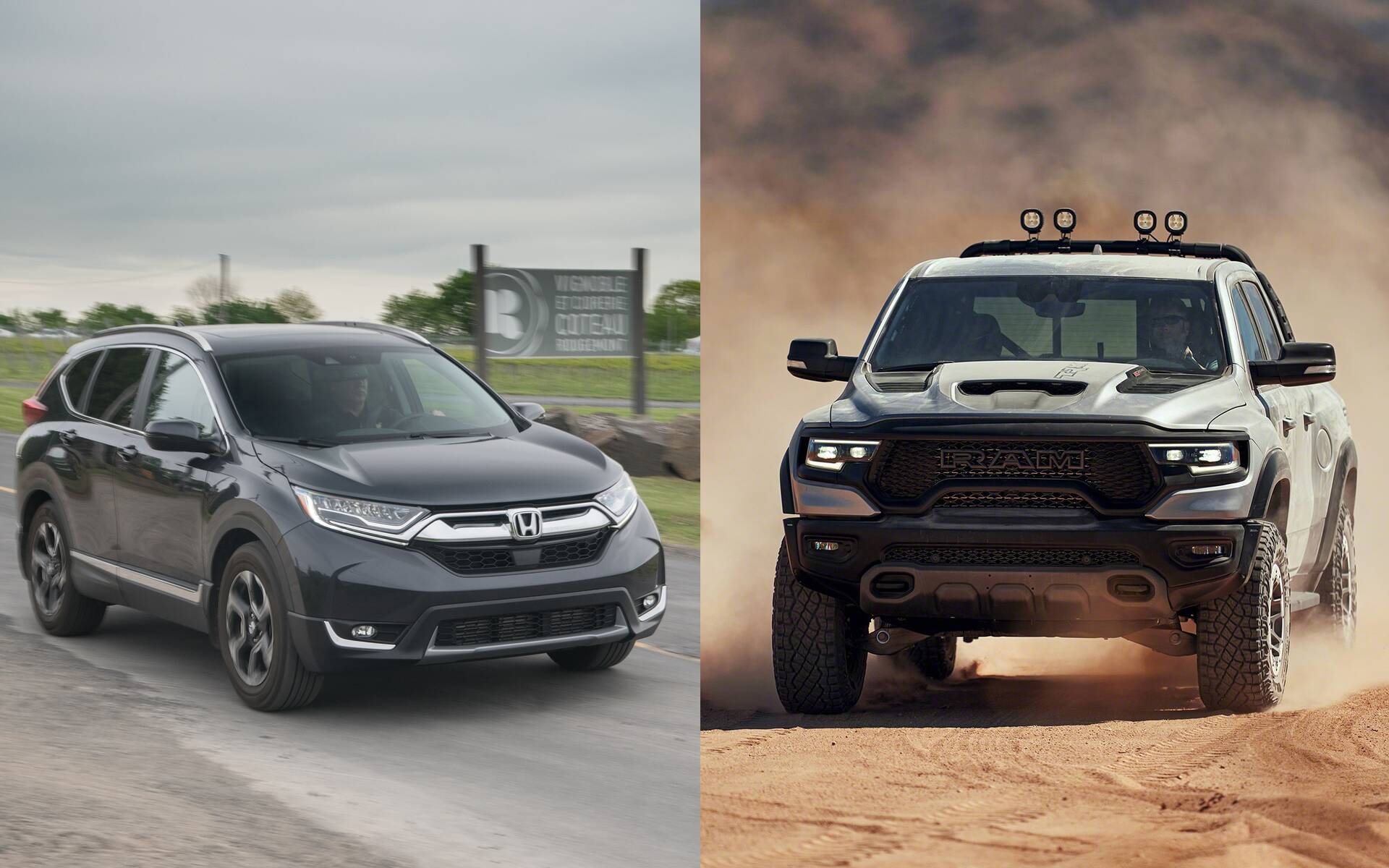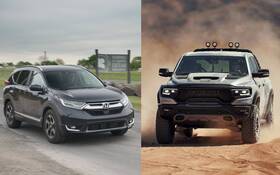Honda Tops Latest Fuel Economy Rankings, Stellantis is Dead Last
Even though vehicles keep getting bigger and more powerful, with pickups and SUVs leading the way, on average they proved more fuel-efficient and cleaner in 2020 than any of their predecessors, according to the latest Automotive Trends Report published by the U.S. Environmental Protection Agency (EPA).
Much of the credit goes to the various advanced technologies introduced by automakers in recent years including cylinder deactivation, auto stop-start, and CVTs or transmissions with extra gears, along with the launch of new hybrid and electric models.
- Also: Let’s Save the Internal Combustion Engine, Toyota, Mazda and Subaru Say
- Also: Are Fuel Consumption Ratings Good Indicators?
Since the 2004 model year, CO2 emissions have decreased 24 percent, while fuel economy has increased 32 percent, the EPA notes. The next annual report will inevitably show larger improvements since the proportion of electrified models on the market (hybrids, plug-in hybrids and full EVs) is rising almost exponentially.
The following graphic illustrates how each automaker has performed over the past five years:

Eight of the 13 automakers identified by the EPA (plus Tesla) have managed to improve their average fuel economy and lower their emissions. The exceptions are Nissan, Mazda, BMW, Volkswagen and Stellantis. The parent company of Chrysler, Dodge, Jeep, Ram, Fiat and Alfa Romeo is dead last, although not too far from Ford and General Motors.
The most fuel-efficient and cleanest legacy automaker is once again Honda, followed by Subaru and Hyundai. It’s interesting to see that Kia and Toyota have made the biggest improvements since 2015, not to mention Tesla whose large efficiency gains are mainly attributable to the launch of the Model 3 compact sedan.
The non-plug-in model with the highest fuel economy and lowest emissions in the entire auto industry remains the Mitsubishi Mirage, which is rated at a combined 6.2 L/100 km (according the Natural Resources Canada).










